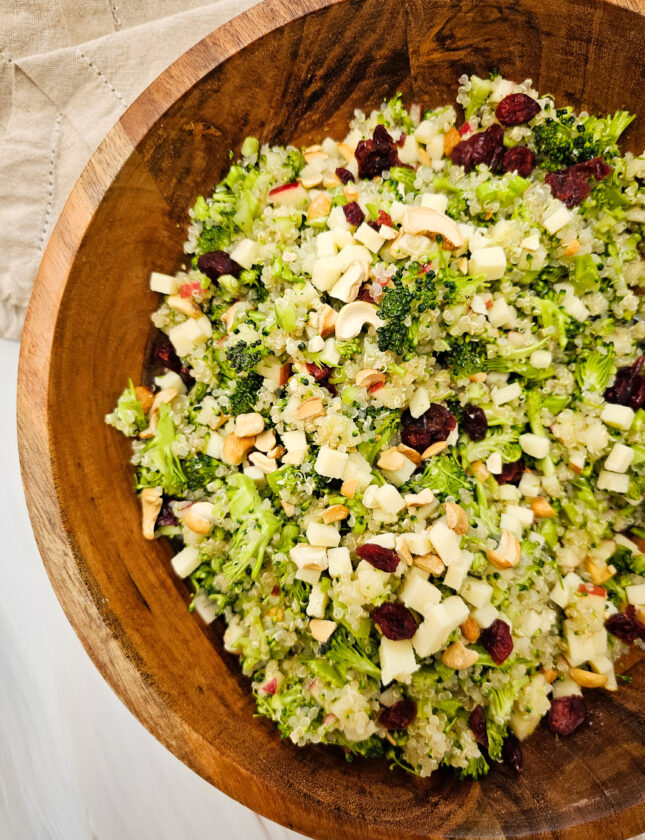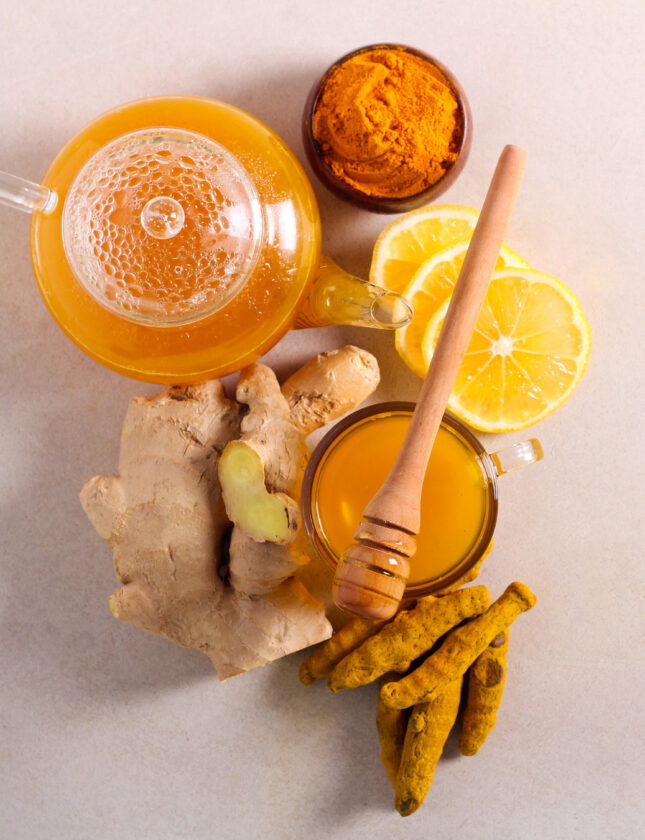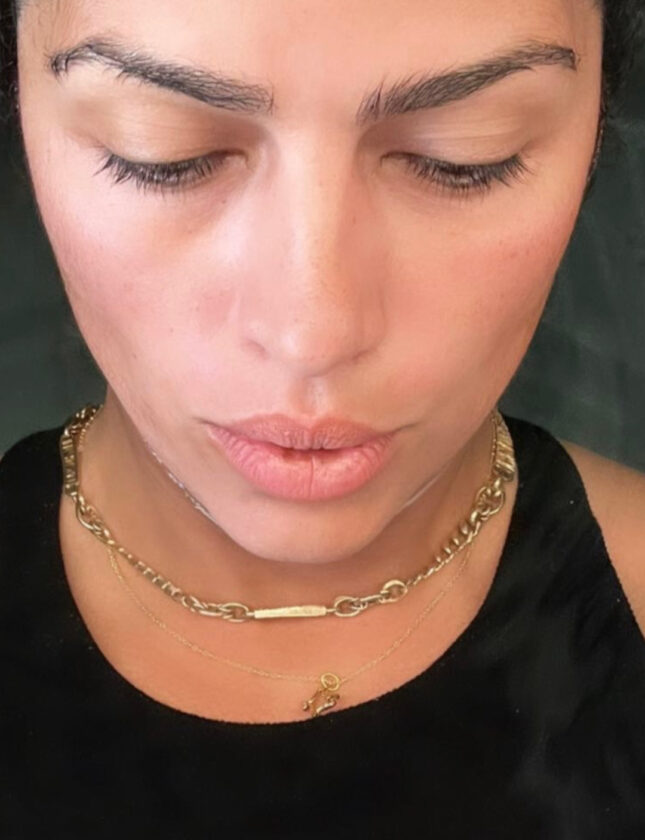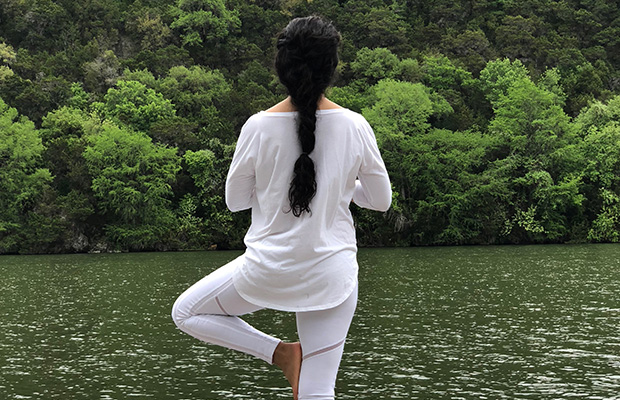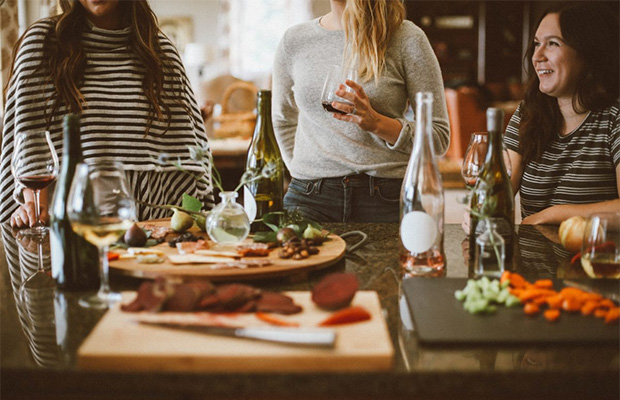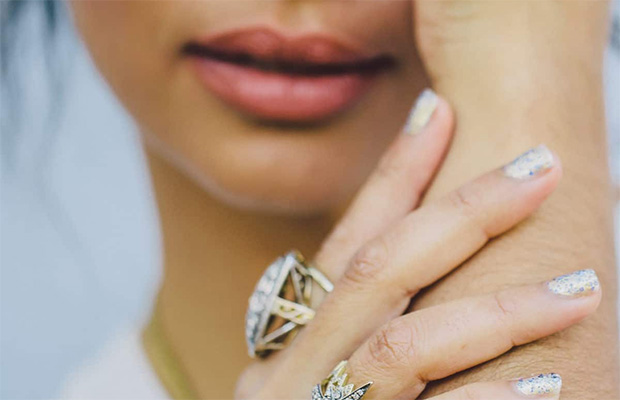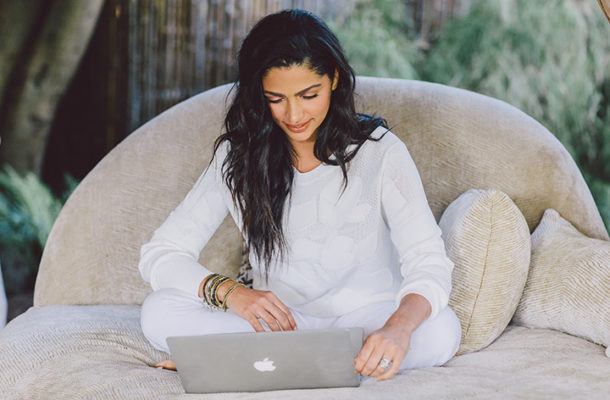We asked you if you got enough sleep, and your response was an overwhelming no
Getting a good night’s sleep is important for both our physical and mental health. However, as we have learned it’s not always as easy to get a good night’s sleep as it should be. So, today we are sharing 6 Tips For A Better Sleep:
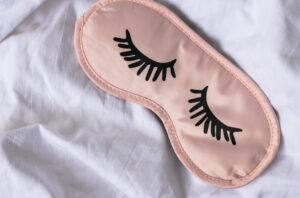
Create a Sleep-Friendly Environment: One of the most important things you can do for a restful sleep is to create a sleep-friendly environment. This includes making sure your room is dark, quiet, and cool. Consider using blackout curtains or a sleep mask to block out any light. Also, try to reduce any noise in your room and adjust the temperature to a comfortable and slightly cool level.
Stick to a Regular Sleep Schedule: Our bodies thrive on routine, so try to go to bed and wake up at the same time every day, even on weekends. This helps to regulate your body’s natural sleep-wake cycle and can help you fall asleep more easily.
Limit Screen Time Before Bed: The blue light emitted by screens can interfere with our body’s natural sleep cycle. It’s best to avoid screens for at least an hour before bed. Instead, consider reading a book, listening to relaxing music, or practicing some gentle yoga stretches.
Avoid Caffeine and Alcohol: Both caffeine and alcohol can disrupt sleep. It’s best to avoid caffeine in the afternoon and evening, and limit alcohol consumption before bedtime.
Practice Relaxation Techniques: Practicing relaxation techniques like deep breathing, meditation, or progressive muscle relaxation can help calm your mind and body before bed.
Get Regular Exercise: Regular exercise can help improve sleep quality, reduce stress, and promote relaxation. However, it’s best to avoid exercising too close to bedtime, as it can have the opposite effect.
We hope that by adding these tips into your daily routine, you can improve the quality of you sleep!
Did these tips help? Be sure and share it with us on the WOT Instagram or on Facebook!
Sources:
https://www.mayoclinic.org/healthy-lifestyle/adult-health/in-depth/sleep/art-20048379
https://www.health.harvard.edu/staying-healthy/blue-light-has-a-dark-side
